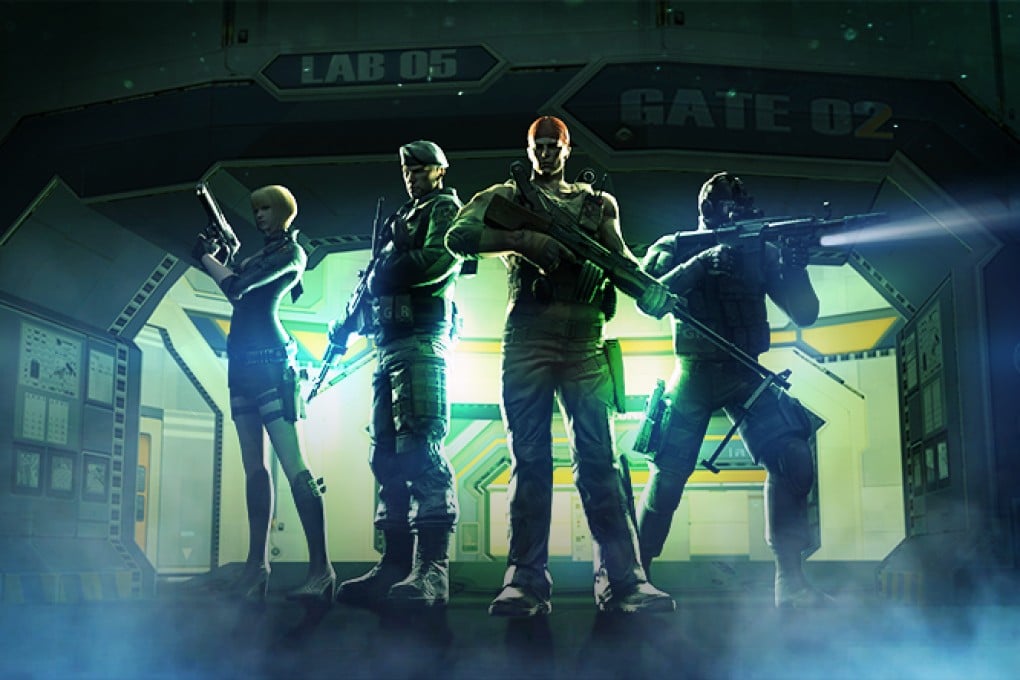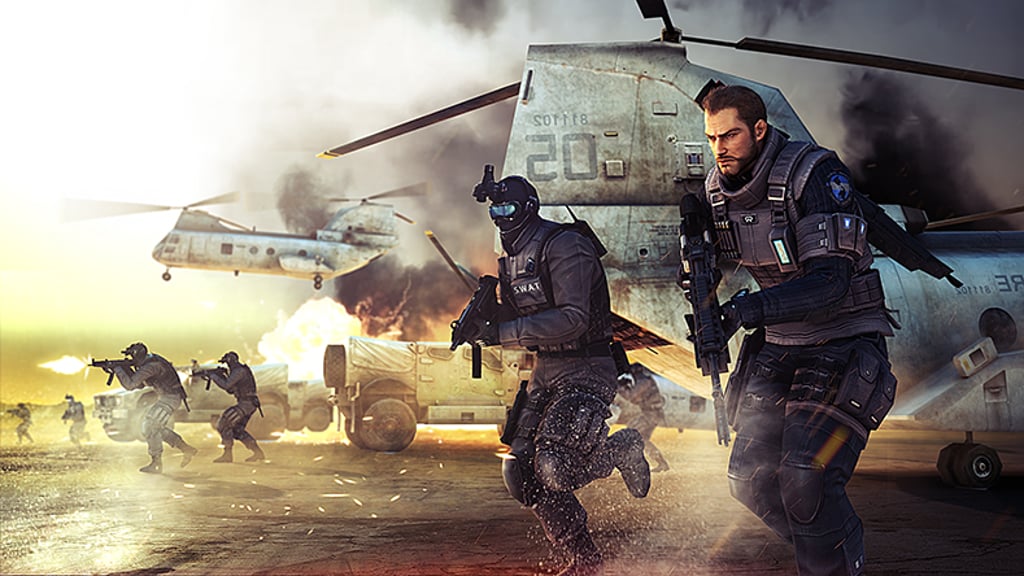Advertisement
Is China's culture of cloning popular games finally ending?
Tencent recently won US$6.4 million from the makers of a CrossFire clone, a breakthrough in a country known for clones of popular games like PUBG and Overwatch
Reading Time:3 minutes
Why you can trust SCMP
0

This article originally appeared on ABACUS
It’s a familiar story: A company finds a game that's popular worldwide and meticulously clones it. The game’s look, feel and design are all quickly copied in an effort to capitalize on the original’s craze, usually by offering the clone on a platform the original isn’t on.
The tactic is often seen in China. The country’s developers has produced mobile games that seem to take an awful lot of inspiration from popular games like Overwatch, The Legend of Zelda, and a myriad of PUBG-like shooters.
PUBG, the battle royale pioneer
But things might be changing, after a legal win against the practice that resulted in a 45.2 million yuan (US$6.4 million) fine for the offenders. And the winner was the world’s largest gaming company, Tencent -- ironically, a company known for its own clones. (Tencent told us that they strive to promote the awareness of IP protection and will continue to observe and protect IP rights.)
Tencent, China’s social and entertainment giant
The game in the middle of this legal case is CrossFire, a first-person shooter made by South Korea’s Smilegate Entertainment, to which Tencent holds the rights for China. The game has over 650 million players and its clone, a game called Crisis Action, made little effort to hide where it got the inspiration.

This led the Intermediary Court in Shenzhen to award Tencent a joint compensation of US$6.4 million from seven defendants behind the game, according to the court decision obtained by the local 21st Century Business Herald.
Tencent's not the only Chinese company going after clones. In November last year, NetEase, which holds the rights for Blizzard’s games in China, won US$565,000 after suing the creator of an Overwatch knockoff for copyright infringement. This is despite the fact that NetEase has itself been sued for cloning PUBG.
Meet NetEase, China’s second-largest game publisher
Advertisement